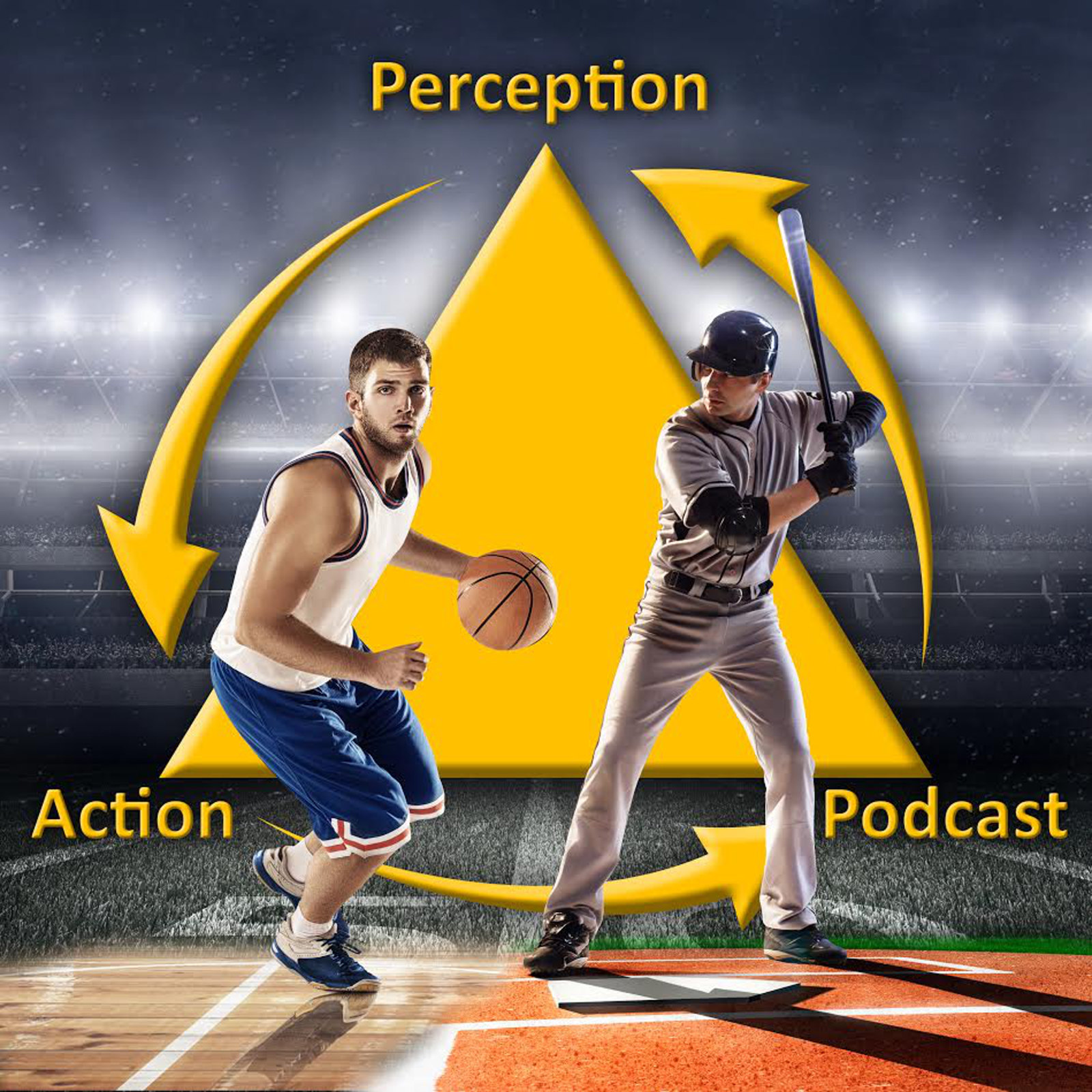The latest in skill acquisition and performance research from perceptonaction.com
What are the implications for skill acquisition and coaching if we accept that performers are complex adaptative systems? In a new opinion article posted on Sports Medicine, Pol and colleagues consider this interesting question. They emphasize that athletes and teams are co-adaptive and develop functional synergies with their environment. Under this view, the key to performing at a high level is not being able to repeat the one optimal technique but rather diversity of skill. To quote the authors: Contrary to common assumption, the fittest are not necessarily the strongest, nor the fastest, but the most diverse. Developing strength or velocity is just a means to gain diversity potential. Particularly in sports like football, where the stability and reproducibility of game situations is rare, teams/players continuously deal with a highly unstable non-cooperative environment. In such contexts, survival (in the tournament, championship or league) is defined by positive competition results, which are better achieved through a higher diversity potential. There lots of great implications for training here so definitely check it out!
An increasingly popular to increase diversity in sports like soccer is the use of small sided games. In an article published in Frontiers in Psychology, Nunes and colleagues examined how different versions of this influence of a variety of different performance variables. In particular, the authors distinguish situations of numerical inferiority (less players on your side, like 3 on 4) vs superiority (more players on your side, for example 4 on 3). It was found that these different varieties of small sided play produced different outcomes. For example, high inferiority situations resulted in greater physical demands (like covering more distance) while low inferiority involved more tactical decisions. This is great information for coaches to use in practice design to achieve different training outcomes.
Finally today, I wanted to mention a couple more journal special issues; one that has just completed and one that will soon open for submission. In Frontiers in Psychology, a now complete issue on the topic of Radical Embodied Cognitive Science. For those that haven’t heard this term before, it basically is an approach to understanding the human brain that rejects the idea that it is a passive computer like the one sitting on your desk. It instead focuses on the relationship between the brain, body and the environment. The other, which will eventually appear in Human Movement Science, focuses on Individual Differences in Motor Learning. From the email I received about It: Despite the success we have had identifying the characteristics of expertise and the necessary conditions for its achievement, relatively little attention has been focused on describing the variety of initial starting points from which, and pathways through which, individuals develop into elite performers. This special issue is not focused on expertise per se, but on the study of how individual difference characteristics moderate or mediate the effects of the experimental manipulations commonly used to enhance motor learning. Deadline is December 1st, 2020.
-That’s the latest from the world of skill acquisition. Find links to the articles I mentioned today on my blog page and learn much more by subscribing to the Perception & Action Podcast at perceptionaction.com. Have a great day and keep ‘em coupled.
To enable the news briefing on your echo:
Go here: https://www.amazon.com/dp/B08CZ8Y2T2
OR
-From the Alexa app on your phone go to settings by pressing the three little lines in the top left
-Go to Skills & Games
-Search (magnifying glass in top right) for “Skill Acquisition News”
-Click Enable to Use
-Say: “Alexa, what’s my Flash Briefing?” (Note, this will play any other news items you added too).
